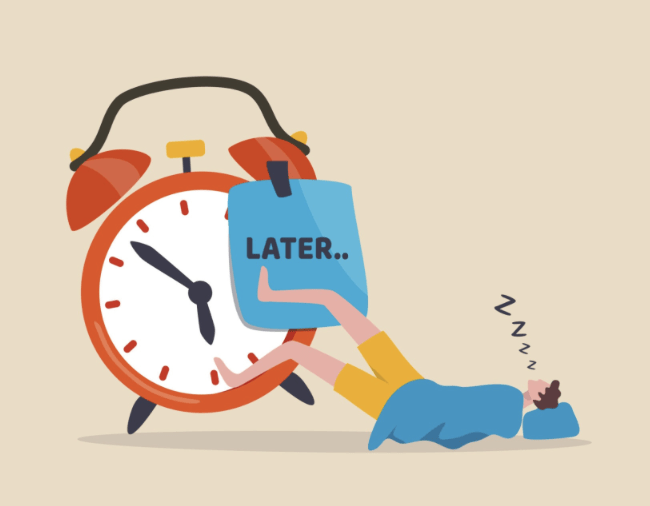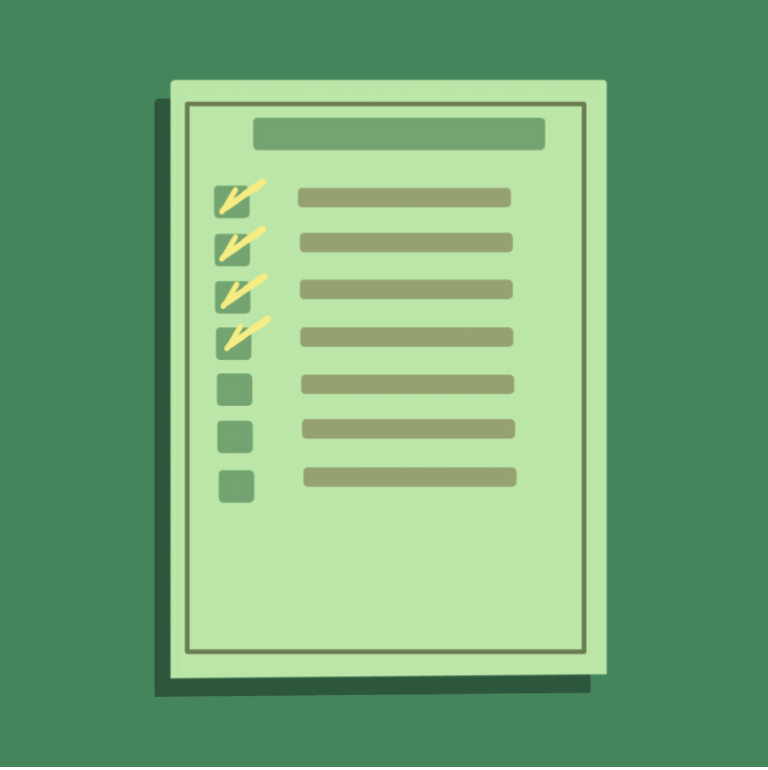Planning ahead is not just important to maximize productivity, but also for your wellbeing. If you have not already, check out our at-a-glance Wall Term Calendar!
What is Mindful Planning? Mindful Planning can best be defined as a balance you find between zooming out while planning and zooming in, when taking it day by day. Here are some fun facts about why mindful planning is important!
Fact One: You are able to take breaks! When you are completing assignments on a time crunch, you are unable to take breaks, which can lead to stress and anxiety. High levels of stress and anxiety are often connected to procrastination, which can hinder your process of completing the assignment.
Fact Two: You are able to effectively prioritize. When planning your week or term ahead of times, it allows you to reduce stress through mindfully acting on work that needs to be done on a tighter deadline. This additionally allows you to carve timeout for mindful activities such as a long walk outside or a short meditation.
Fact Three: You can review and reflect as the process unfolds. The journey of completing tasks is never linear. There might be an assignment that takes longer than you had anticipated. By planning ahead, you are able to review and reflect how you may want to tweak your future study sessions! If you haven't already, check out our 7 Day Hourly Planner, where you can modify your schedule, on a daily basis to enhance your academic journey!





